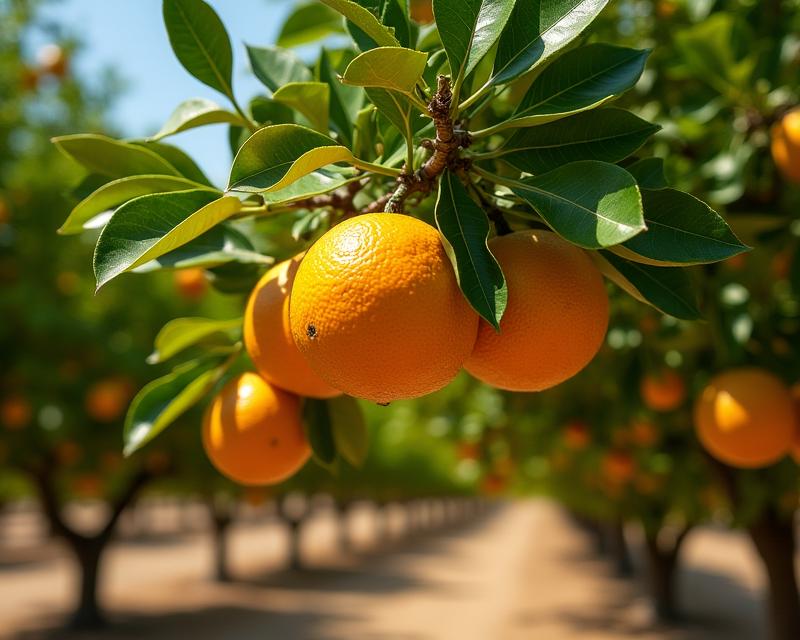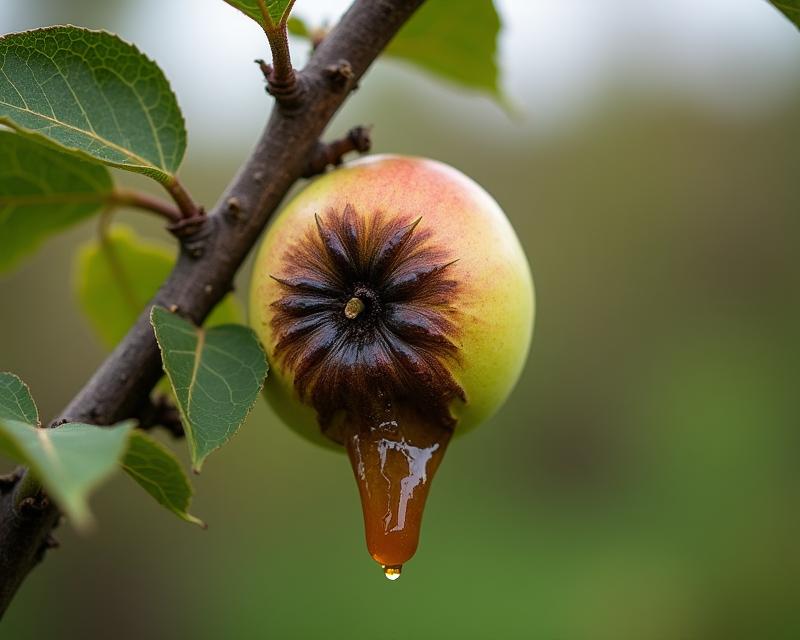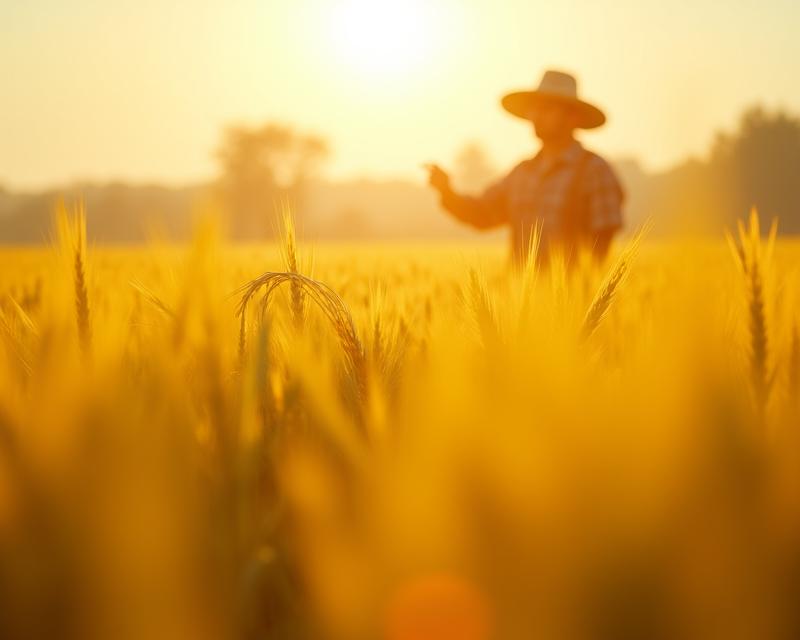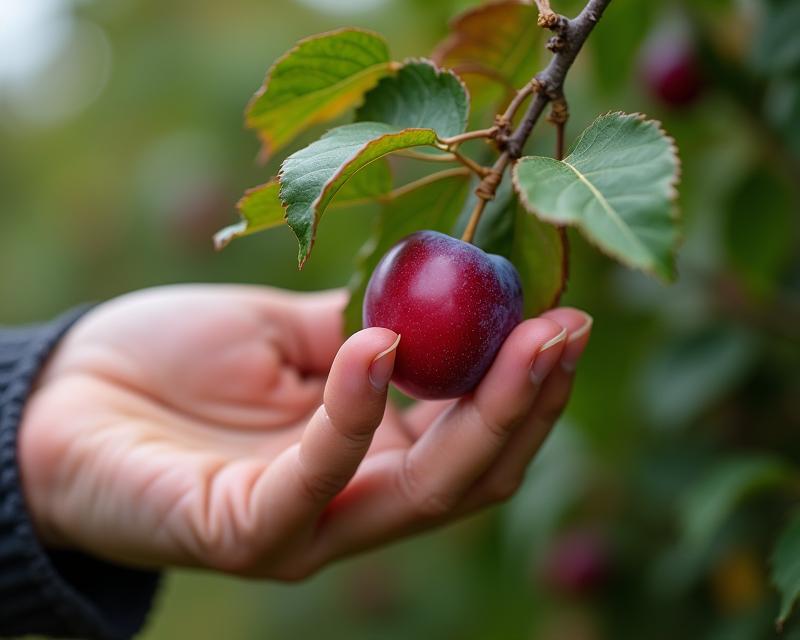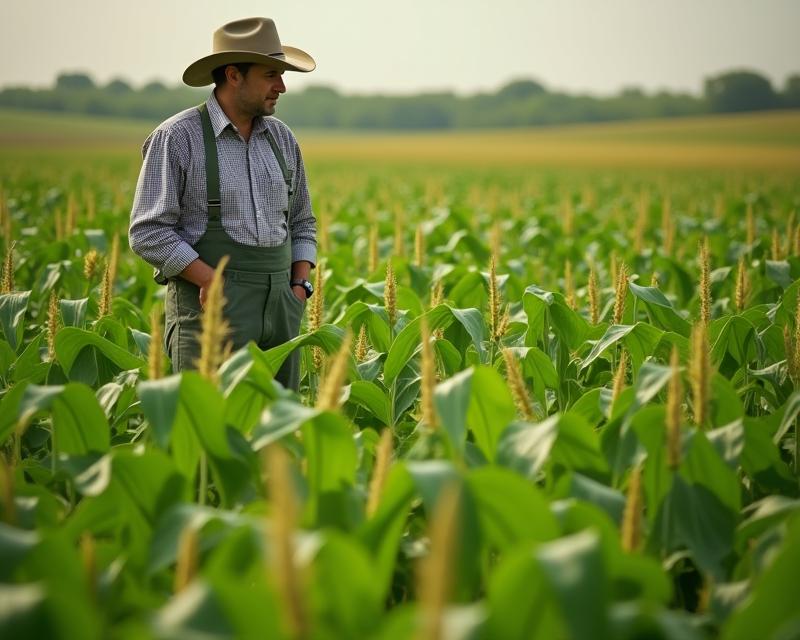Dates: A Sweet History of the Middle East
Publish in Crops el 03/07/2025 17:12
Dates: A Sweet History of the Middle East
Dates aren't just a delicious treat; they're a cornerstone of Middle Eastern history and agriculture! For thousands of years, this remarkable fruit has sustained communities in arid regions, playing a vital role in their cultures and economies. Understanding the history of date palms can offer valuable insights for modern farmers and gardeners, especially those working with drought-tolerant crops.

From Wild Palm to Cultivated Crop
The story of the date palm begins with wild palms growing in the Middle East and North Africa. Around 6000 BC, humans began to domesticate these palms, a pivotal moment that transformed desert landscapes and shaped early civilizations. Archaeological evidence suggests that date palms were cultivated in Mesopotamia (modern-day Iraq) as early as 6000 BC! The ability to cultivate dates provided a reliable food source in harsh environments where other crops struggled to thrive. This early domestication wasn't just about food; it was about survival and building resilient communities.
A Staple of Ancient Civilizations
Dates quickly became a staple food and a significant part of trade routes. Ancient Egyptians, Greeks, and Romans all valued dates highly. They were used not only as food but also in medicine, religious ceremonies, and even as a form of currency! The durability of dates allowed them to be transported over long distances, contributing to the growth of trade networks throughout the Middle East and beyond. Think about that – a single fruit fueling empires! The cultivation of date palms fostered the development of irrigation techniques and agricultural practices that are still relevant today. Modern date farming often incorporates similar principles of water conservation and soil management that were developed centuries ago.
Modern Relevance for Today's Farmers
Today, date palms are cultivated in many countries across the Middle East, North Africa, and increasingly, in other arid and semi-arid regions around the world. The demand for dates continues to grow as people worldwide discover their nutritional benefits and unique flavor. For farmers and gardeners, the date palm offers a valuable opportunity to diversify crops and tap into a growing market. Consider the challenges faced by early date farmers – water scarcity, extreme temperatures, and soil conditions. Modern advancements in irrigation, variety selection, and pest management have made date farming more sustainable and productive than ever before. Exploring the history of date cultivation can inspire innovative approaches to farming in challenging environments, helping us build more resilient and sustainable food systems.
Key Takeaway: The date palm's journey from a wild plant to a cultivated crop offers a powerful lesson in adaptation, resilience, and the enduring importance of sustainable agriculture.
